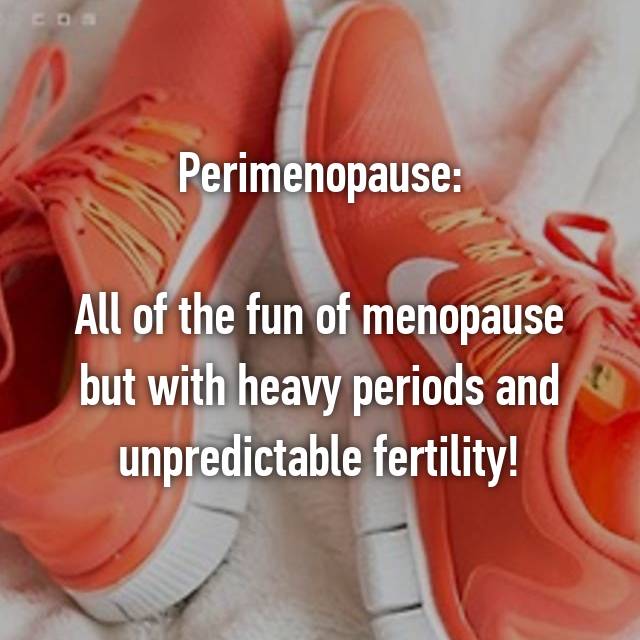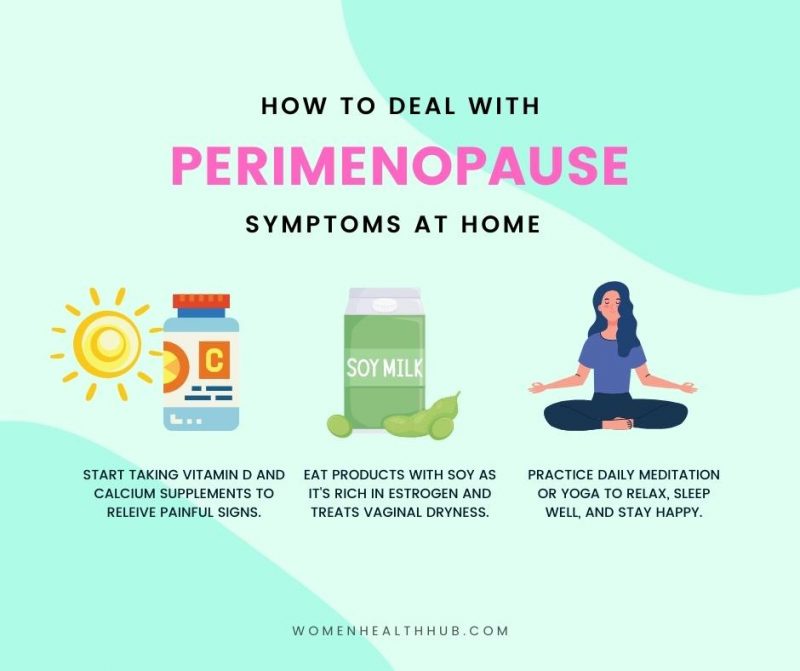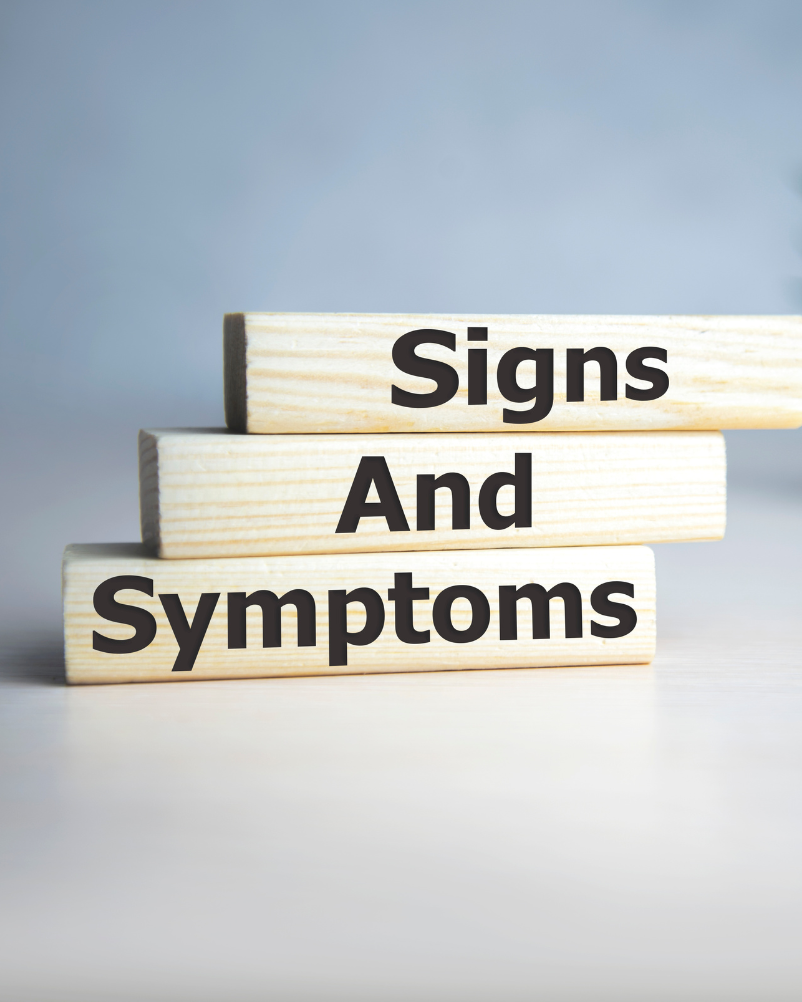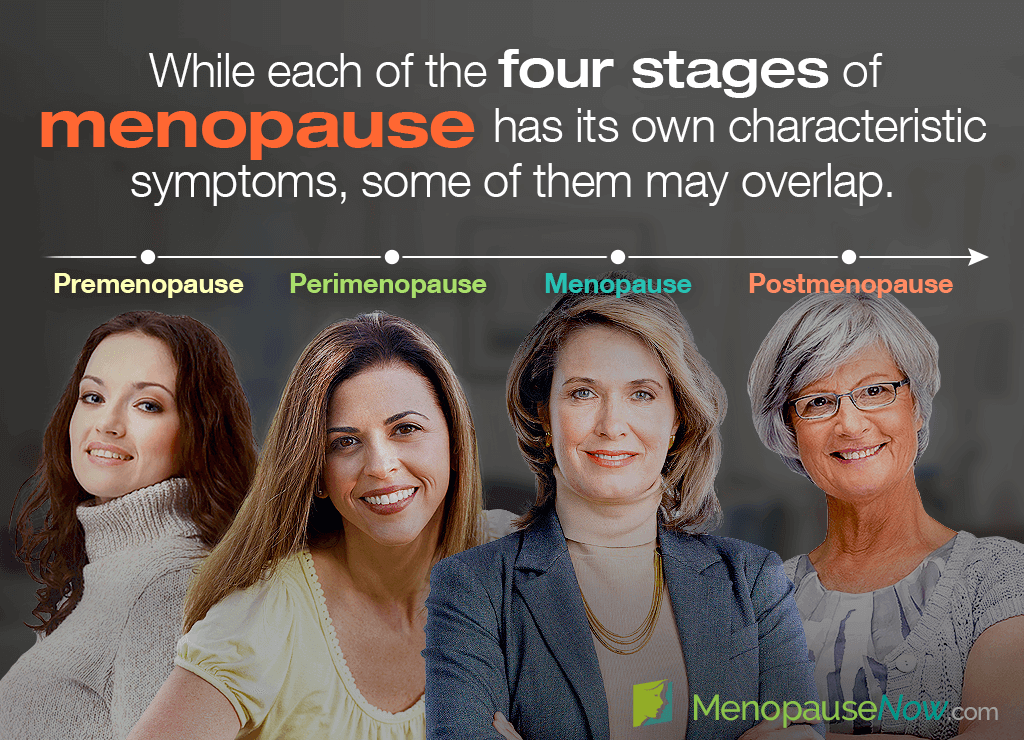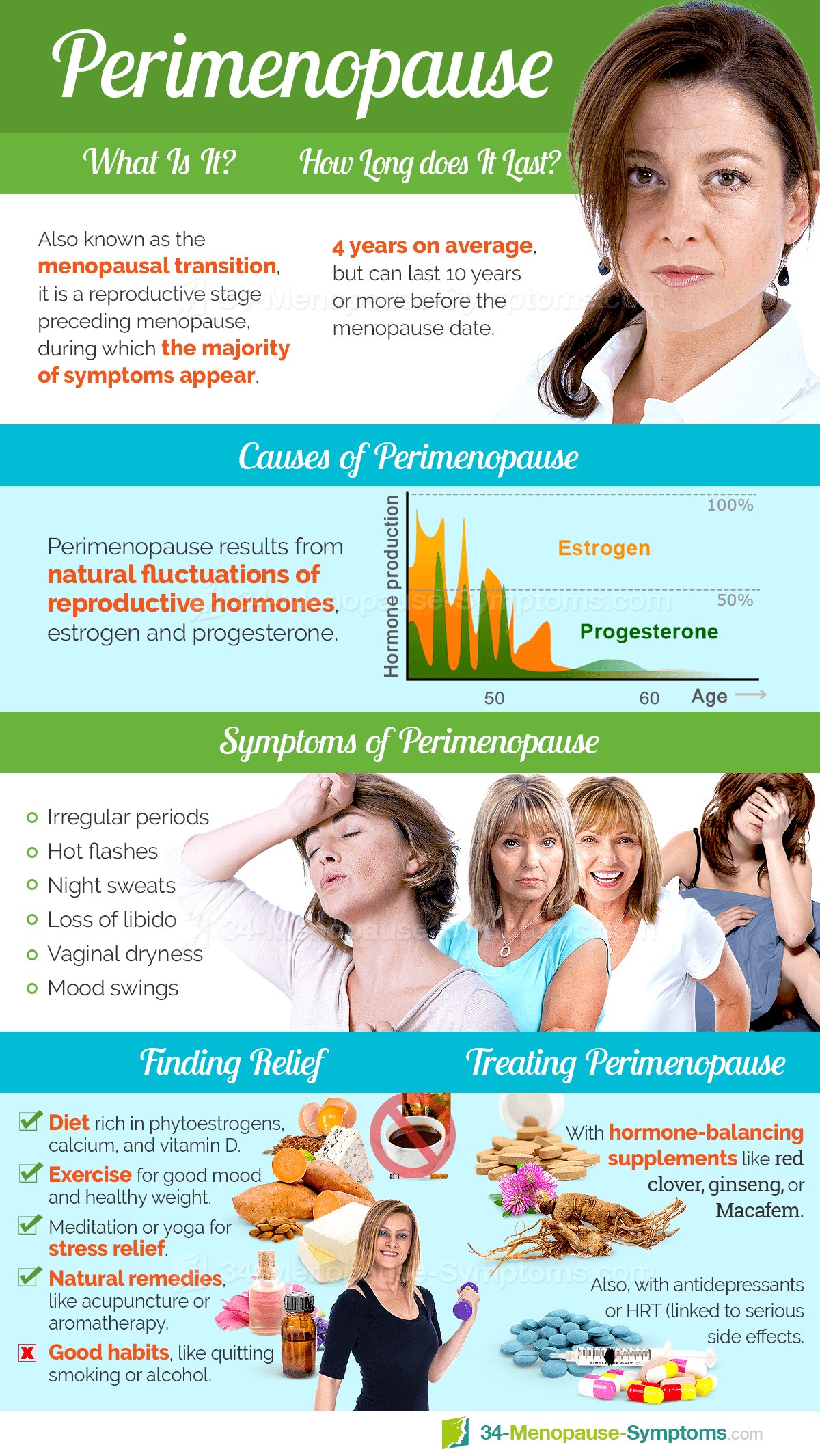What Everybody Ought To Know About How To Deal With Perimenopause
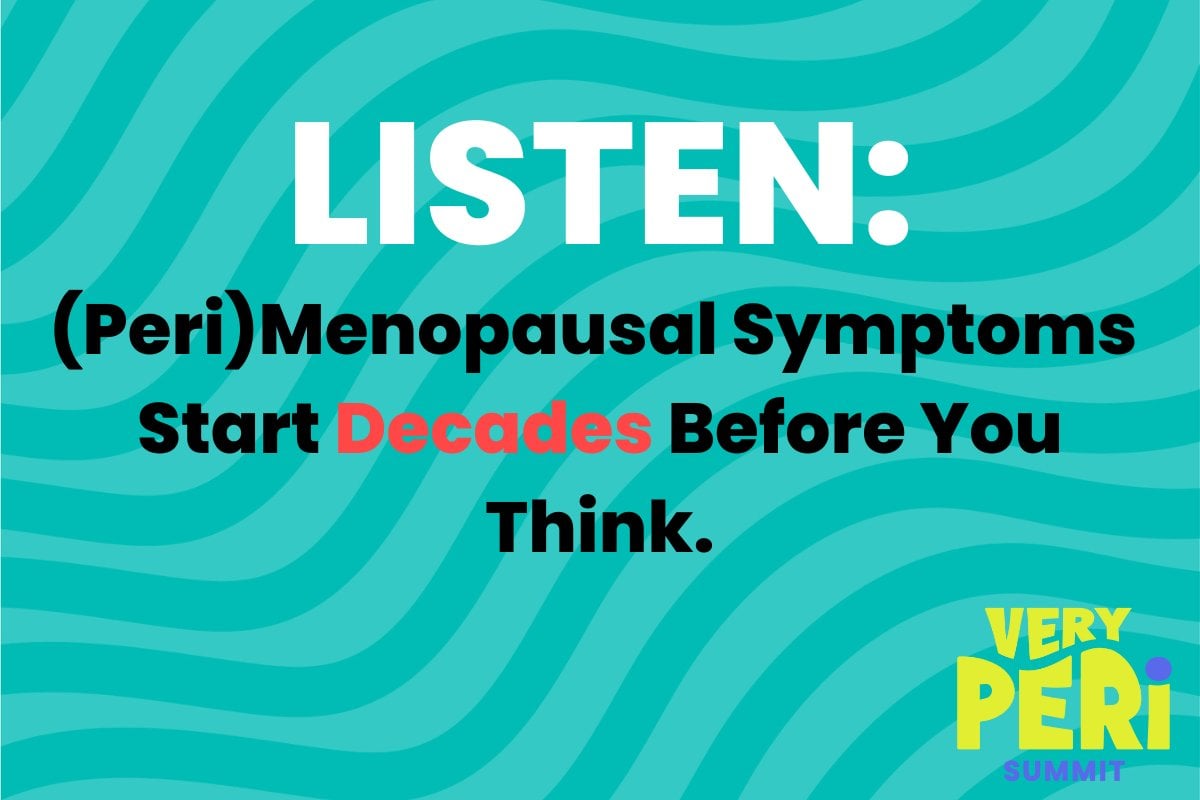
During perimenopause, the sex hormones estrogen and progesterone begin to decrease.
How to deal with perimenopause. Perimenopause is the years of transition leading up to the end of menses. There are a number of symptoms that can occur during perimenopause, also known as the later reproductive stage (lrs). It’s readily available in most drugstores, some supermarkets, and online.
Cognitive behavioral therapy has been found to ease stress, low mood, and sleep problems in women with perimenopausal symptoms such. Treatments include relaxation or stress reduction techniques, counseling or. It can cause physical, mental, and emotional symptoms, such as insomnia, hot flashes,.
Women often complain of sleep. For some women, it’s not a big deal. Anger during perimenopause.
For others, it can be crushing. I've been wanting to share with you what i’ve been up to these last 4 months. Scientists say it is.
If headaches are a problem, continuous low. It's common to have mood swings, low mood and anxiety around the time of the menopause and perimenopause. Making these healthy lifestyle choices may help ease some symptoms of perimenopause and promote good health as you age:
Try talking therapy. Perimenopause is the transitional period before menopause when your estrogen levels start to decline. Last updated by amberley davis.
Startups enter $18 billion menopause market, touting relief for hot flashes, other symptoms. You may experience symptoms like irregular periods, hot. It's also sometimes referred to as.
Perimenopause doesn’t just bring on a greater lapse of time between periods—it can also make some periods lighter, others heavier, and even decrease the. Perimenopause may last months or years; Perimenopause is the transition into menopause.
Five smart ways to deal with perimenopause according to a nutritionist hi friends. Ultimately, an integrative approach that. Menopause is a point in time, but perimenopause (peri, greek for around or near + menopause) is an extended transitional state.
Research shows that one in 10 women surveyed who have worked during menopause have left their role due to symptoms that can include anxiety, mood swings,. When hormones decline during perimenopause, the skin can itch and feel extra sensitive for several reasons. Changes in levels of estrogen, specifically, have been closely linked to.



